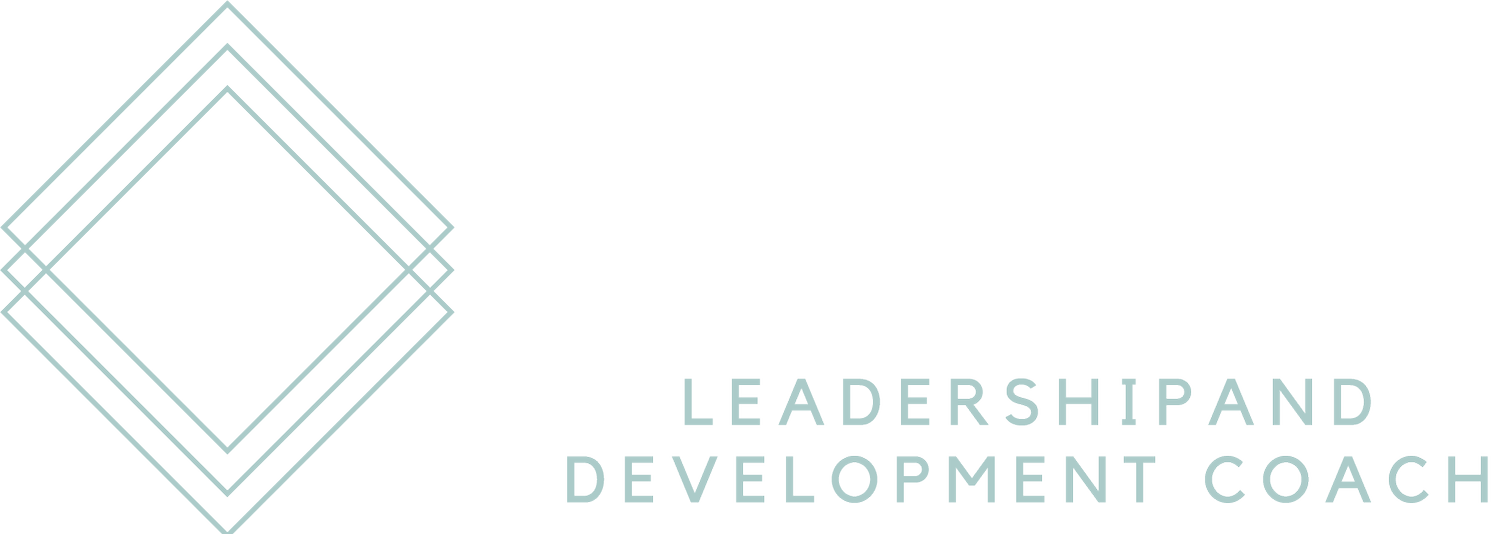Here in France, the return to school after the summer holidays is significant enough to have its own noun: la rentrée. Depending on your perspective, it can be a relief or a source of dread. The same could be said of the return to work. Remote working has certainly changed office dynamics, and yet September is still the month when demanding clients are back from holidays; unread emails overload your inbox; and the clock is already ticking towards year-end deadlines.
So you jump in and try to please everyone, ending up completely shattered within a few weeks of returning.
And yet there is a very good neuroscience-based reason to fight the natural tendency to want to get everything done. Resisting it will not only sustain your own wellbeing, it will also help you to think more strategically.
Perhaps you already block out time to think in your diary. But do you label it as something else because you worry about being judged by a calendar-stalking colleague? Or because you feel that “meeting” sounds more legitimate, more “productive”?
I used to do that. But this neuroscience nugget means you can give the metaphorical middle finger to naysayers. It has completely changed my own guilt-wracked attitude to “down time”, and when I shared this in a recent newsletter, lots of you found it helpful. So here is the abridged version.
Why do we think best without trying?
Because that is exactly how our brains are designed to work. And if you are someone who doesn’t give yourself time to stop thinking/doing/achieving, chances are you will not be capable of truly strategic thinking. And you may well also be feeling a bit burnt out.
Here’s the neuroscience which explains why.
How to be more strategic
Divergent thinking - fundamental to creativity - is the ability to generate endless solutions for new problems. Convergent thinking is more rules-based and logical.
There are three major networks active during divergent thinking: the salience network; the executive control network (ECN); and the default mode network (DMN). Recent research suggests that when we are being creative, these three work together: the DMN generates new ideas; the salience network identifies them as such, and pushes them on to the ECN to review them.
All three networks are involved in divergent thinking, but the ECN is a real doer – it focuses on tasks and helps you solve detailed problems. Right in the weeds stuff. And the DMN? Well that’s more about the connections your brain makes without thinking about it. When you let your mind wander (and wonder).
And here is the rub…
When the ECN is activated, it deactivates the DMN, and vice versa. So you can only really get your DMN working when you “let go” (eek). That moment, when you nip to the loo half-way through trying to solve the latest Quordle, and the answer just comes to you? That’s your DMN in action (as well as your unmentionables).
Anyway, let’s not get, ahem, bogged down in that. The point is this: to be creative, and thereby strategic, your brain needs time and space. Only then can it oscillate naturally between the DMN and ECN networks, and only then can you dive down into the weeds and pop back up again to see the lake, the trees, and maybe even some snow-capped mountains.
Seeing the bigger picture: time out drifting over Lac de Passy, Haute Savoie
Up and coming leaders are often told they need to “think more strategically” or “be more strategic”. Apart from being impossibly vague, and therefore pretty much useless to the recipient, it suggests deeper, more active thinking is required. Whereas the opposite can be true. And yes of course, there are models you can use to help you think more broadly and consider more options, but the neuroscience gives us a strong argument that switching off actually HELPS with strategic thinking.
So better feedback for someone who gets stuck in the weeds would be to encourage them to block out time in the working day to let their mind wander. It may be uncomfortable (for you, and for them) at first. But what’s the worst that can happen?
September is a great time to start a new habit. The next time you start to block out some down time using “physio” or “catch up”, call yourself out. Know that you are justified in prioritising your time, and label it as whatever you will actually do to give your brain the space it needs to work best.













